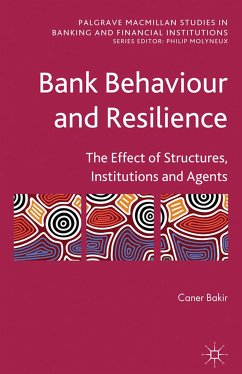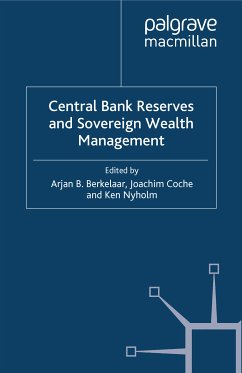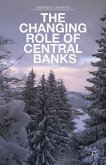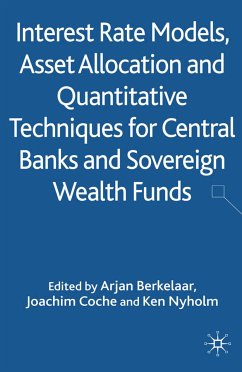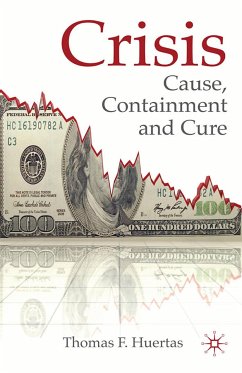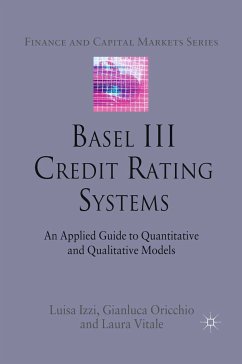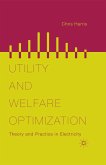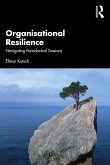Dieser Download kann aus rechtlichen Gründen nur mit Rechnungsadresse in A, B, BG, CY, CZ, D, DK, EW, E, FIN, F, GR, HR, H, IRL, I, LT, L, LR, M, NL, PL, P, R, S, SLO, SK ausgeliefert werden.
'Much is made of Australia's apparent escape from the worst of the global financial crisis, and analysts from different perspectives choose to advance this cause or that as decisive in our experience. This book casts Australian experience against the backdrop of that elsewhere in the world, drawing out cogent similarities and contrasts. Most importantly, the author eschews simplistic mono-causal explanations in search of more complex, interrelated causal nexuses. This must bring us closer to the truth and Dr. Bakir has performed a welcome service for all those interested in a more complete explanation of what went wrong, and why Australia survived the crisis better than most.' - Emeritus Professor Ian Harper, Melbourne Business School, Australia
'In the wake of the 2008 financial crisis scholars rushed to explain what went wrong with national financial systems. But the Australian system performed remarkably well. In explaining what went right in Australia in comparison to five other countries Caner Bakir reveals important differences in financial systems across and especially within liberal and coordinated market economies. His analysis challenges conventional thinking about the varieties of capitalism and sheds light on how to avoid financial crises in the future. Bank Behaviour and Resilience has much to offer scholars and practitioners in the fields of comparative and international political economy, finance and economic sociology. It is well worth reading.' - John L. Campbell, Class of 1925 Professor, Dartmouth College, USA, and Professor of Political Economy, Copenhagen Business School, Denmark.

